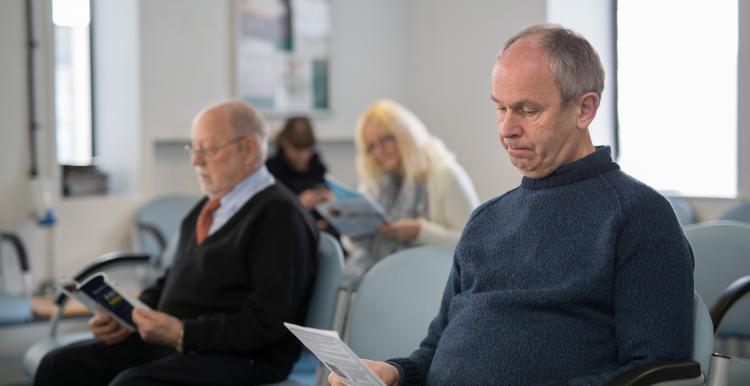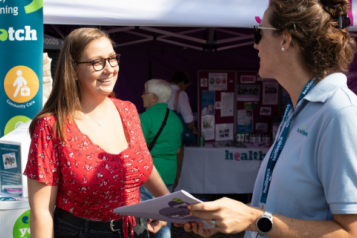NHS self-referral for tests and appointments for hundreds of thousands of patients

Around 180,000 more people a month will be able to self-refer for additional services such as incontinence support or community nursing without seeing their GP, so family doctors’ time can be freed up to focus on delivering care to people who need it most.
Across NHS services, around 200,000 people a month already self-refer themselves for treatment for podiatry, audiology, and physiotherapy but local services will now be able to expand the option of self-referral to other key services based on the needs of their population.
Building on the success of the primary care access recovery plan published in May last year, the NHS will write to local services today to set out the next steps for the year ahead to continue to modernise general practice, expand pharmacy services, and offer patients more choice in how they access care.
Under the renewed plan, every GP practice will also be required to allow new patients to register online this year instead of having to attend in-person and fill in a form.
Patients will have access to healthcare at the touch of a button, with 1.5 million more people a month able to order repeat prescriptions on the NHS App taking the total to 50 million a year.
Hundreds of thousands of people a year will be able to receive treatment at their high street pharmacist for seven common conditions without needing to see a GP first, as part of the rollout that began earlier this year.
GP teams are already delivering record numbers of appointments with the latest figures from February 2024 showing that more than 30 million appointments were delivered, up almost a quarter on the same period pre-pandemic.
More than nine in ten (92%) of GP practices in England now have cloud based systems thanks to the plan – this means phone lines can be expanded and won’t ever be engaged. The remaining practices are agreeing dates within the next month for upgrades to happen with tech suppliers and are expected to happen from next month.
Read more here on the NHS website.


